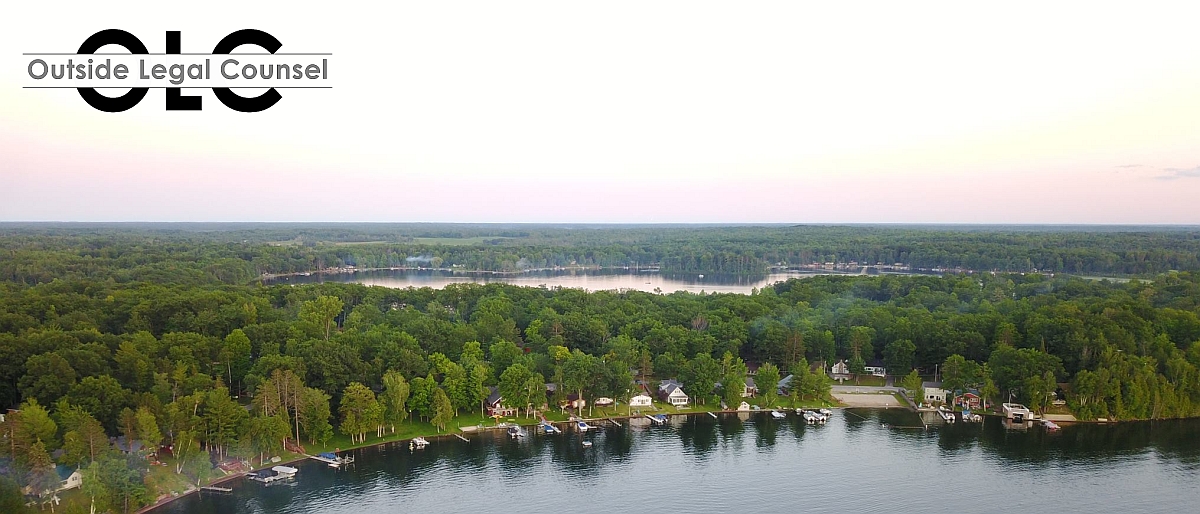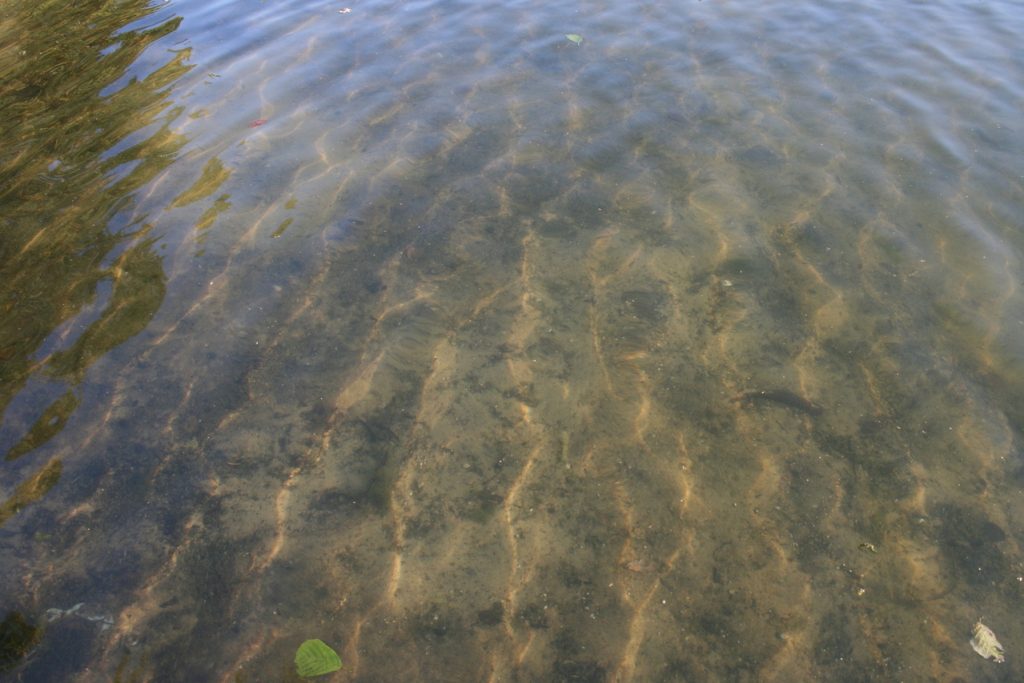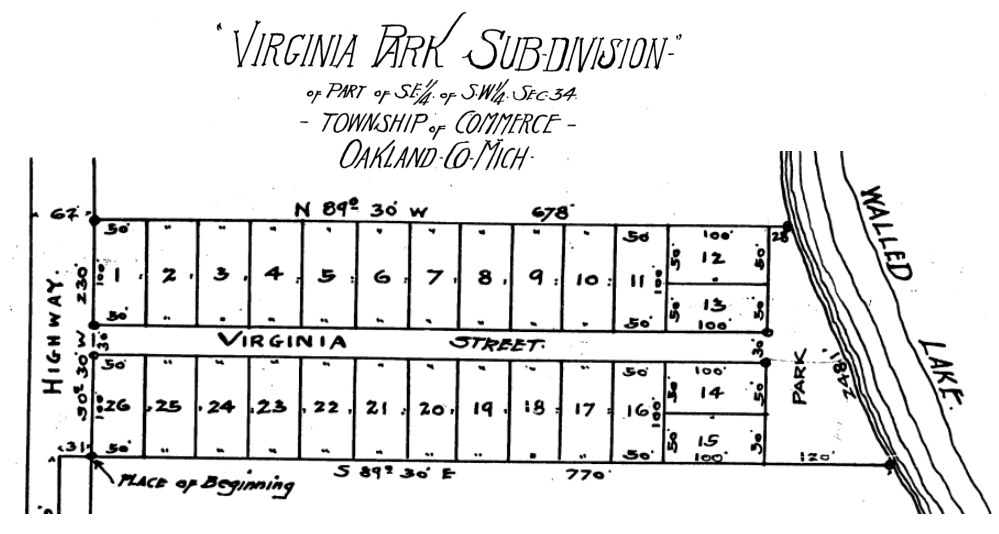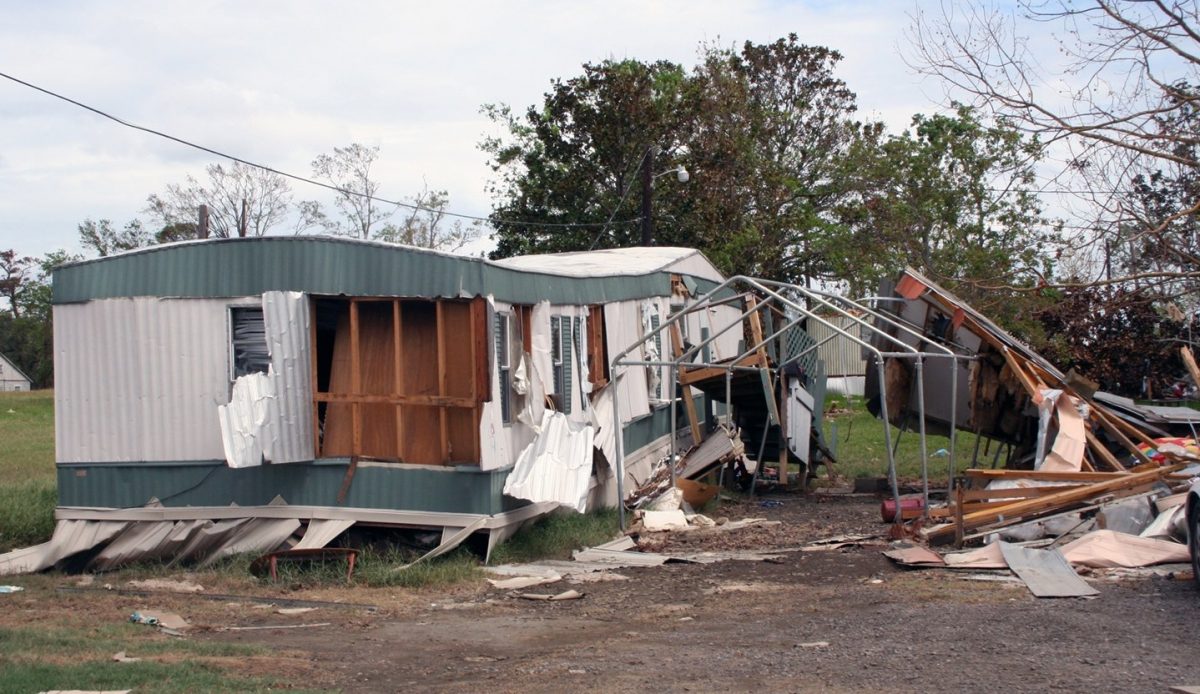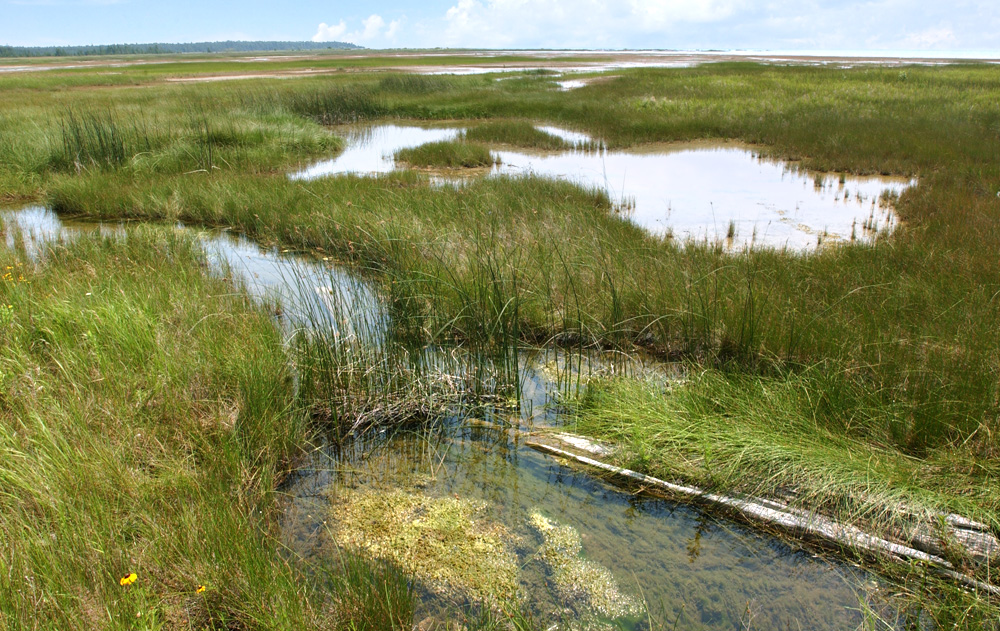
Under Michigan law, a person who uses land that actual, visible, open, notorious, hostile, under cover of a claim of right, continuous, and uninterrupted for the statutory period of 15 years can claim a prescriptive easement. Now, it also includes long-term overuse of already existing easement when sustainably undertaken.
Continue reading “A New Twist on the Old Legal Doctrine of Prescriptive Easements”